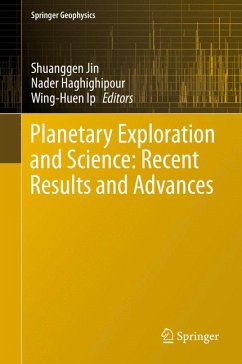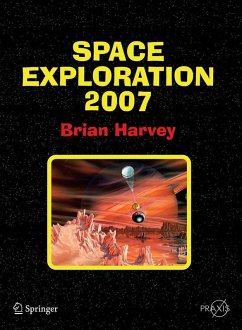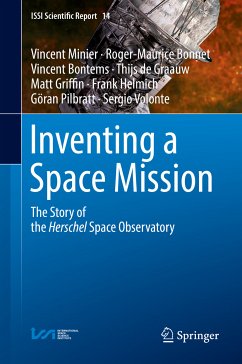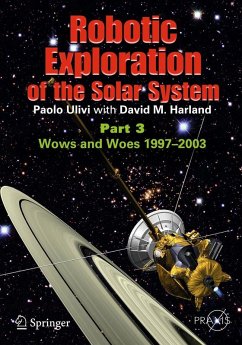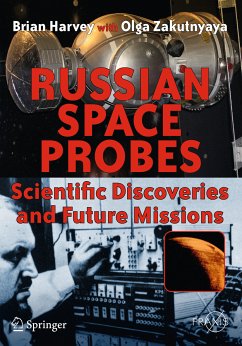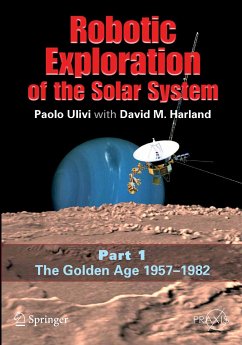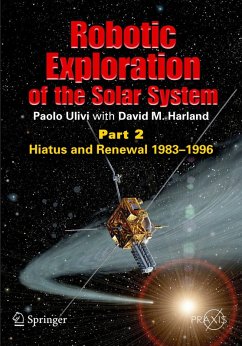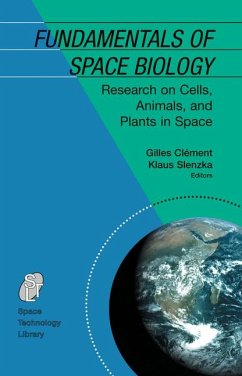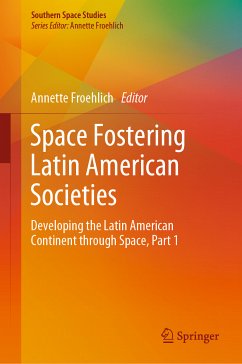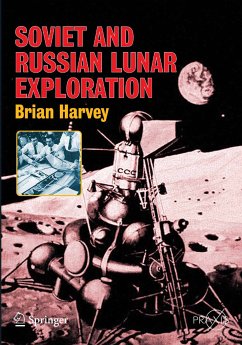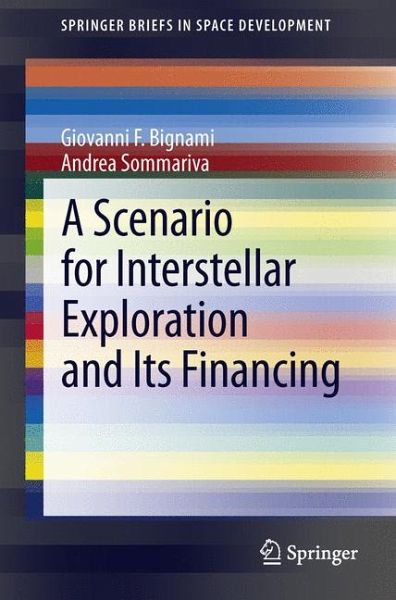
A Scenario for Interstellar Exploration and Its Financing (eBook, PDF)
Versandkostenfrei!
Sofort per Download lieferbar
44,95 €
inkl. MwSt.
Weitere Ausgaben:

PAYBACK Punkte
22 °P sammeln!
This book develops a credible scenario for interstellar exploration and colonization. In so doing, it examines: . the present situation and prospects for interstellar exploration technologies; . where to go: the search for habitable planets; . the motivations for space travel and colonization; . the financial mechanisms required to fund such enterprises. The final section of the book analyzes the uncertainties surrounding the presented scenario. The purpose of building a scenario is not only to pinpoint future events but also to highlight the uncertainties that may propel the future in differe...
This book develops a credible scenario for interstellar exploration and colonization. In so doing, it examines: . the present situation and prospects for interstellar exploration technologies; . where to go: the search for habitable planets; . the motivations for space travel and colonization; . the financial mechanisms required to fund such enterprises. The final section of the book analyzes the uncertainties surrounding the presented scenario. The purpose of building a scenario is not only to pinpoint future events but also to highlight the uncertainties that may propel the future in different directions. Interstellar travel and colonization requires a civilization in which human beings see themselves as inhabitants of a single planet and in which global governance of these processes is conducted on a cooperative basis. The key question is, then, whether our present civilization is ready for such an endeavor, reflecting the fact that the critical uncertainties arepolitical and cultural in nature. It is written in such a way as to allow the non-professional reader to become part of the debate on the future of space programs.
Dieser Download kann aus rechtlichen Gründen nur mit Rechnungsadresse in A, B, BG, CY, CZ, D, DK, EW, E, FIN, F, GR, HR, H, IRL, I, LT, L, LR, M, NL, PL, P, R, S, SLO, SK ausgeliefert werden.




